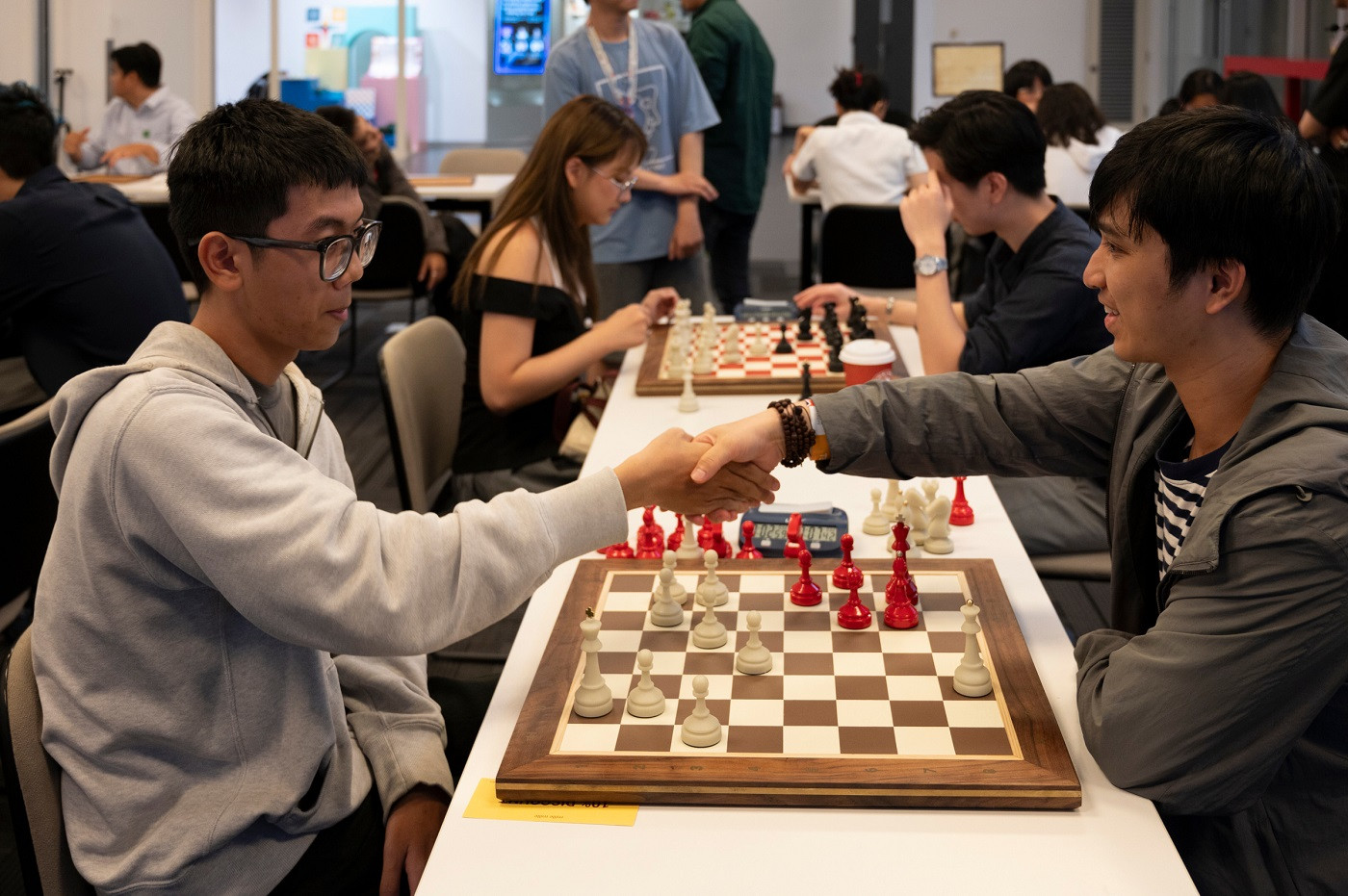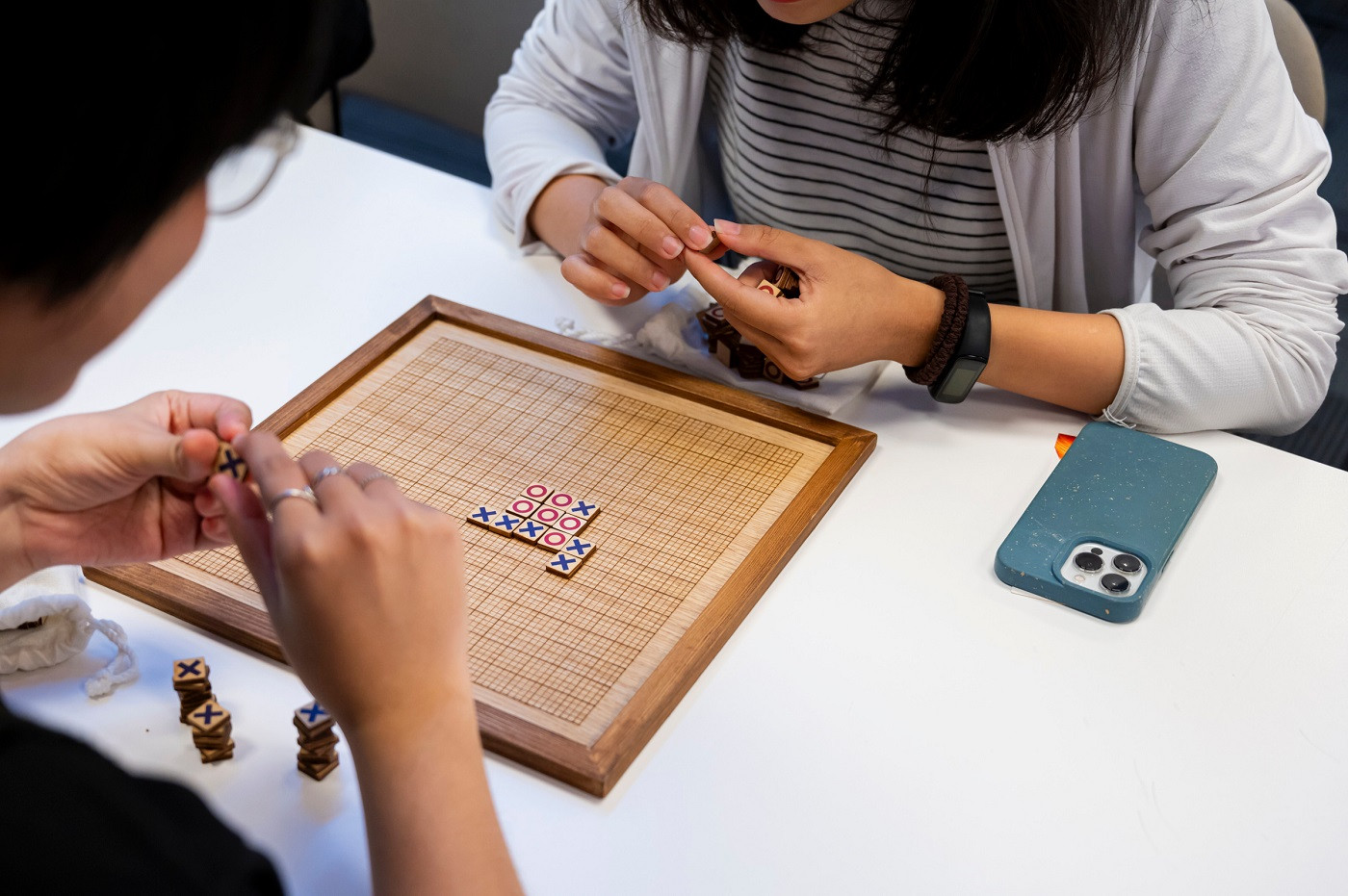Games are more than just programming.
Dr. Renusha Athugala, Head of Game Design at RMIT Vietnam, shared: "People often think that game development is just programming."
"The resurgence of board games shows that understanding of game design has expanded and programming is just one part of digital gaming."
The history of board games in global cultures shows that games, serving both entertainment and cultural purposes, have accompanied humanity through the centuries.
Board games have their own definition. Dr. Agnieszka Kiejziewicz, a lecturer in Game Design at RMIT, points out that: “A board game is a structured form of play that can contain tangible components and rules, scenarios, pieces, and mechanics.”
"Board games can have different objectives, such as collecting items, completing missions, winning races, or defeating opponents," she added.
The potential of board games in Vietnam is undeniable. With a projected compound annual growth rate (CAGR) of 13.73% from 2022 to 2029, this market will expand significantly, reaching an estimated value of US$15.47 million by 2029.

According to RMIT lecturers, board games are often associated with social interactions, made even more appealing by creating opportunities for fun competition among friends. The tactile experience also makes board games unique, stimulating multiple senses during play.
Mr. Nguyen Ngoc Toan, founder and CEO of Maztermind, a Vietnamese company specializing in designing and producing high-quality board games, said: “Board games are an excuse for people to put down their phones, helping families and friends bond and learn from each other.”
Board games are also expected to contribute to the development of intelligence and strategic thinking, and are considered a humane product.
From players to game designers
Experts emphasize that designing board games requires not only a deep understanding of gameplay and game components, but also genuine passion.
Dr. Kiejziewicz believes that local culture can be a crucial source of inspiration for game designers. She says, “Board games that are intertwined with local history or folklore resonate more easily with players in that area, creating a sense of familiarity and connection through shared knowledge.”
Dr. Athugala added: “Components such as characters, values, norms, and traditions can influence both the reception and mechanics of the game.”
"On the other hand, adapting to the local market is closely related to marketing and distribution."
Experts from RMIT University believe that Vietnamese board games need to have both appeal to the international market and a strong local identity, serving as a means to bring Vietnamese culture to the world .
According to Dr. Athugala, Vietnam has a strong tradition in board games, with studios like Maztermind contributing to the industry by localizing global games and building international reputations. Meanwhile, studios like Ngu Hanh Games focus on designing board games with unique, original content.

From the perspective of a board game designer, Mr. Toan emphasized the importance of localizing games. According to him, the biggest challenge is incorporating cultural values into the product.
He said, "You need to delve deep into the culture and uncover stories that not everyone knows, discover something new or something old but yet undiscovered."
Developing board games requires passion, purpose, and financial resources to create a product that is both meaningful and profitable.
To encourage creative learning and innovative thinking based on hands-on experience, RMIT's Game Design department collaborated with Maztermind to organize the RMIT x Maztermind Board Game Day for students, faculty, alumni, and board game enthusiasts in Ho Chi Minh City.

Dr. Athugala stated, "We want to show students that there are many aspects to game design, and that board game design should be considered a viable career path."
"In addition, we also seek to enhance students' critical thinking skills by engaging them in fun activities that offer new perspectives and valuable experiences," he said.
The event also provides students with new connections to industry professionals and diverse potential internship opportunities.
At the event, Associate Professor Donna Cleveland, Acting Head of the Communication and Design Department at RMIT University, emphasized: “RMIT Game Design students possess strengths in creativity and innovation, with proficient skills in both digital and traditional game development.”
"Expertise combined with a deep understanding of game mechanics and values enables you to create engaging and meaningful experiences," said Associate Professor Donna Cleveland.
This holistic approach to learning ensures that RMIT students are not only proficient in their specialized skills but also possess the ability to think broadly, ready to make a significant impact in the game design industry.
Matthew Povey, a sophomore in Game Design at RMIT University, commented: “The program enhances creativity by allowing students the freedom to explore any idea we choose.”
My friend decided to study Game Design because: “Games aren’t just for entertainment. They can also serve as educational tools, foster competition, and improve problem-solving skills, paving the way for a promising future.”
Doan Phong
Source: https://vietnamnet.vn/board-game-khong-chi-de-giai-tri-2324992.html














































































































Comment (0)